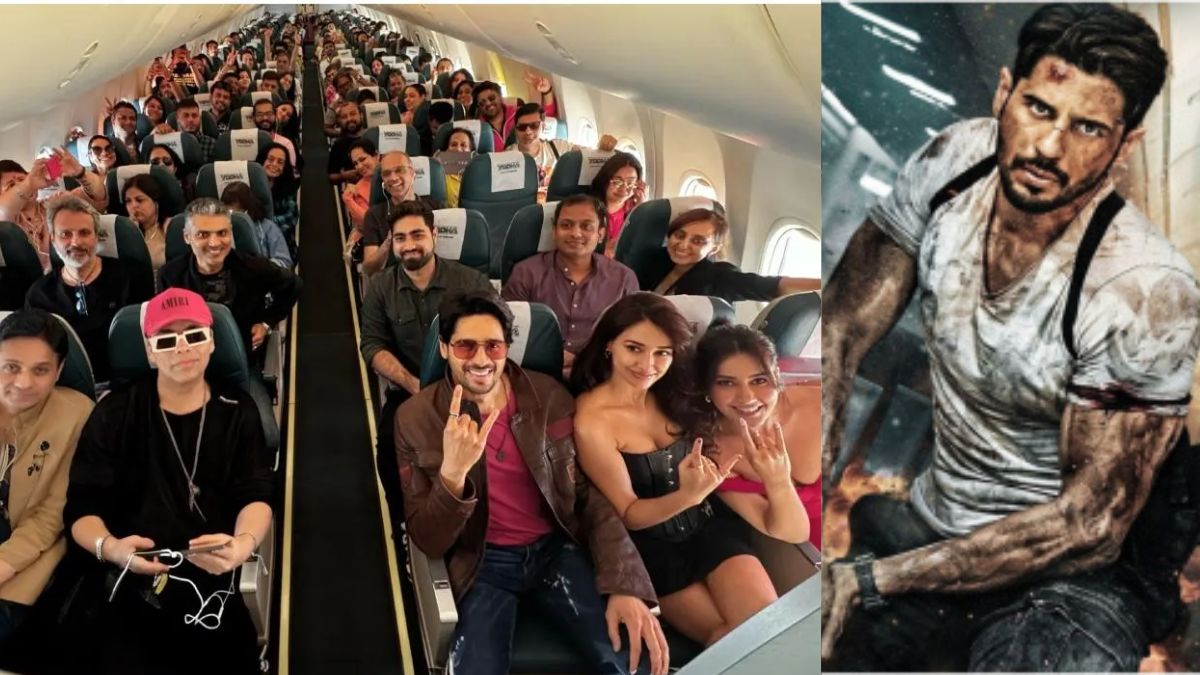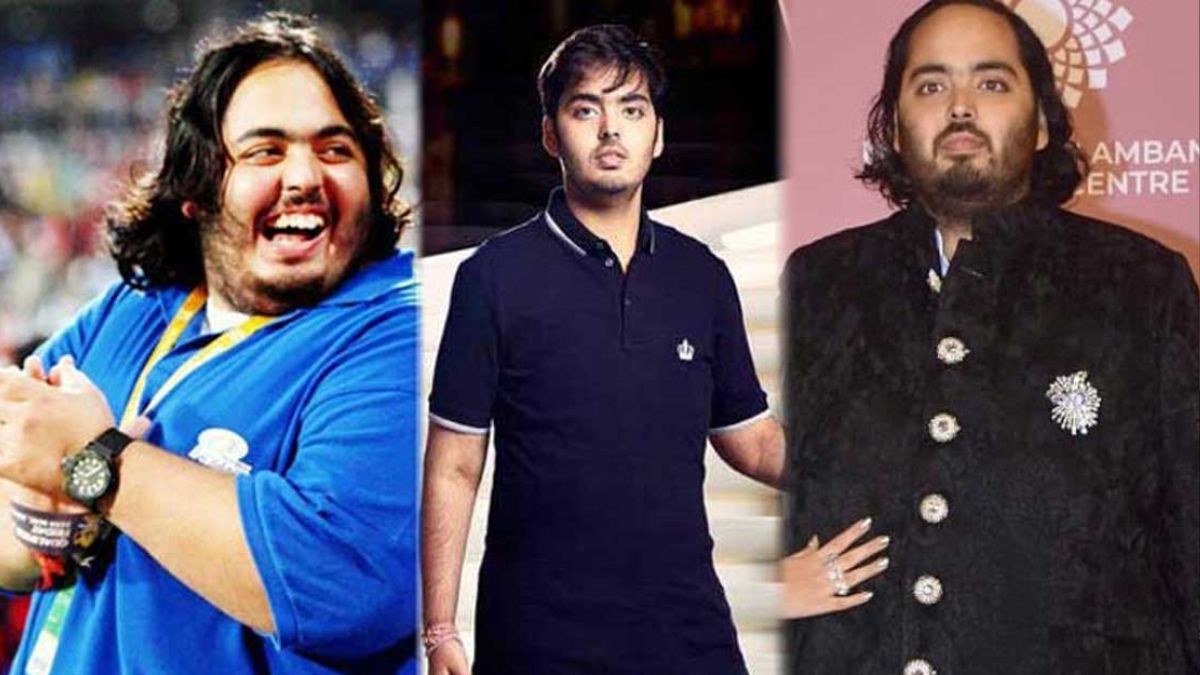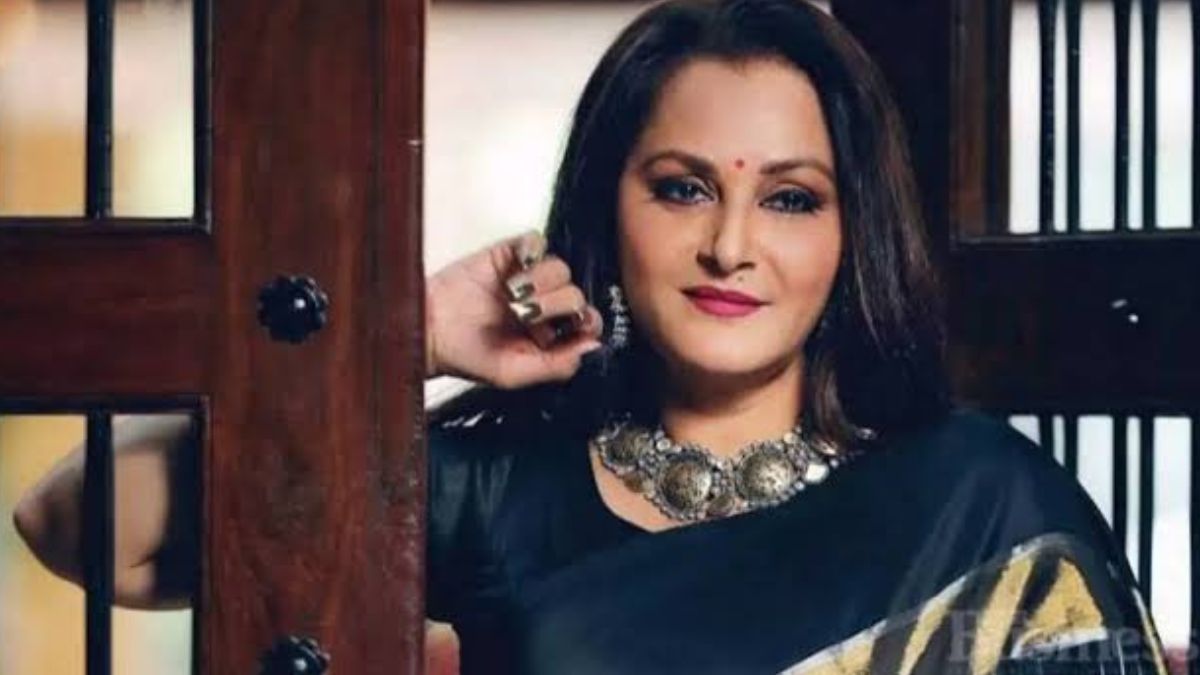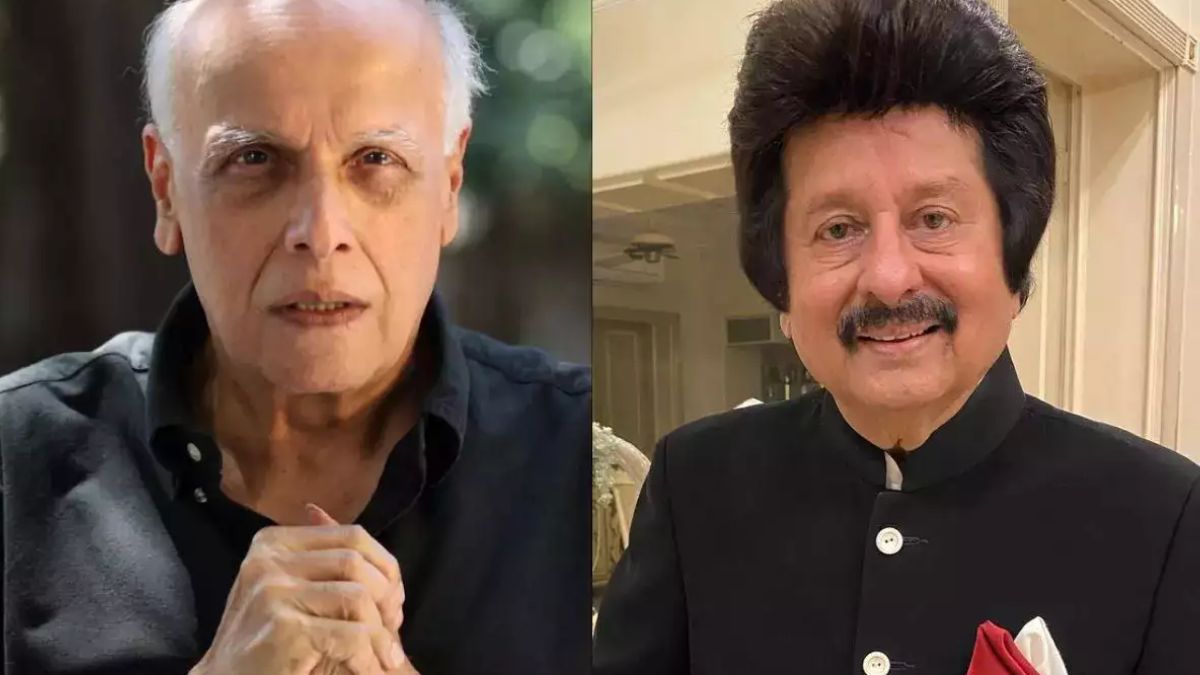One of the things I find audiences complaining the most about comedians is that they do the same jokes for a long time. Even now, there’s some misunderstanding that comedians will have all-new jokes whenever they get on stage. The reality is far from that. Comedians work on their sets for months and even years before they have a set that they’re finally happy with, which they then release as a video on youtube or on an OTT platform. As a comedian myself, and someone who produces comedy shows, this process, this journey is one of my favourite parts of comedy. Sure, it’s exciting to watch people doing their first open mic and just starting out but it’s also super exciting to see how jokes change little by little, a word here, a phrase there. It’s interesting to see what makes a joke work with a certain audience and see the same joke fall flat under very similar conditions but on a different night. It’s even more exciting to watch a set live multiple times and then see how it ends up looking on your laptop screen when it’s released on youtube or an OTT platform.
One such comedian that I’m always excited to watch is Gaurav Gupta. A couple of years ago, you couldn’t be in any comedy green room without someone saying, “Gaurav Gupta kya funny hai, yaar”. He was the new funny guy the comics were all in awe of. His observations were hilarious, his impressions of other comics and even people we didn’t know, were absolutely spot on.
Gupta’s first special, Market Down Hai , releases on Amazon Prime on Friday, and I got an opportunity to talk to him about his comedy and writing style, and what the special is all about. Gupta, on stage, speaks extensively of North Indian (especially baniya) families, their quirks and idiosyncrasies. His jokes share a glimpse of his life and the world he’s always known. “The personal stuff is very easy to translate to jokes because you’ve lived that life,” he says. “It’s just a matter of showing the sarcastic or the funny side to the audience.”
Gupta excels in that. When describing his own style of comedy, he says that he focuses on making the audience visualise the people and situation that’s talking about. “I think when I perform, the audience can visualise how my characters (like my dad or mom) look and the tone of their voice. That makes it funnier and more relatable for them.” He uses a lot of act outs and is a consummate mimic, keeping the audience in splits through his set. He sets up the characters in such a way that the mimicry works even when the audience doesn’t know the people he’s speaking about. He himself enjoys watching other people do act outs and likes dark comedy as well, saying there are so many funny people out there to watch. He believes that the only thing required to be a successful comedian is to be funny. Everything else is secondary.
How easy is it to pen down these thoughts though, I wonder, since so much of it comes naturally, Is there a writing process he follows? “I’m very lazy,” he laughs. His process involves making bullet points of thoughts that occurred to him in his daily life or during conversations with comics and then trying them out on stage. There’s no notebook or register with lots of jokes. No sitting and writing feverishly for hours on end for this dentist-turned-comedian. He likes to keep the paperwork minimum.
And how does his family react to the jokes, since they’re the focus of so many of them? “They are ok with the content though they do often point out, “yeh toh zyaada hi bol raha hai.” But, in general, they’re supportive of the content. What took time, though, was for them to come on board with the profession itself. They couldn’t understand why a successful dentist would go every evening to bars and restaurants to crack jokes in front of people who hardly ever cared. The transition was difficult, not just for the family, but for Gupta himself.
In his first years of comedy, he went directly from his clinic to open mics, still dressed in his formal “doctor clothes”. After a whole day of tooth extractions, prescriptions and complaints of patients, the open mic was a completely different zone and one that took time to get used to. However, he laughs that it’s ironic that he writes less after deciding to focus more on comedy. “When you’re starting out and you haven’t left your job, you’re very passionate. You’re trying to make it big, be a commercial success, get a viral video, in order to be able to leave your job. Once you’re doing comedy full-time, you’re more relaxed. You feel like you’ve made it in a sense. You’re making money, getting your corporate shows.”
The other aim of a comedian is to get the first one-hour special with a leading OTT platform. Now that his special is about to release, I wonder if he’s thought about what to do next. “Right now, all aims have vanished. It’s just a matter of survival,” he says. “But, if I do survive, I want to write another one hour show, this time about my dentistry, my weight gain, and the diseases I’ve had,” adding that he’s hoping to at least start online shows soon.
However, since stand up comedy is essentially a live art form, how difficult is it to perform to a camera and what is lost when it’s converted to a video. He agrees that your entire performance changes. “The energy is less and you’re more conscious. A lot depends on camera angles and the setup. The live atmosphere is very relaxed and you can get away with a lot since it’s just you and the audience. When you’re recording, you’re apprehensive, you’re scared your jokes won’t work and that apprehension shows on your face. The camera picks it up easily.” Even while taping his special, he had to actually go change his shirt since he’d spilt a drop of water on it. “I was just drinking water because I was nervous,” he says, “but then it looked bad on camera.” These are just little things that you can completely ignore in a live performance.
Jokes apart, Market Down Hai is an interesting name. The show releases at a point where comedians haven’t been on stage in months; many are unsure when they’ll ever get to be back to doing live shows. As Gupta says, it’s a matter of survival now. No one’s even thinking of what can happen afterwards. The whole live gigs industry seems uncertain about its future.
What can be said with certainty though is that the show will provide much-needed laughter and a distraction in an otherwise distressing time.
Market Down Hai is streaming on Amazon Prime Video India.
)
)
)
)
)